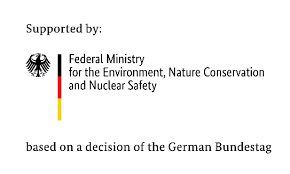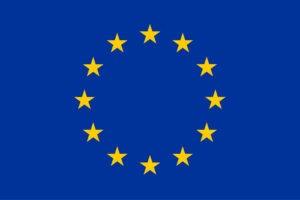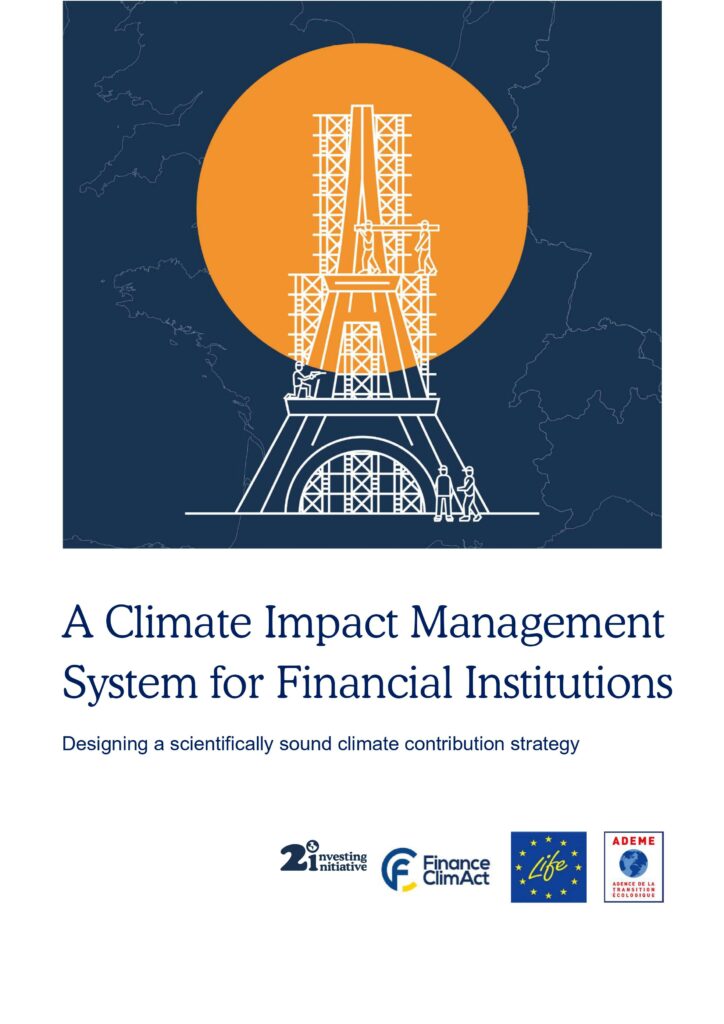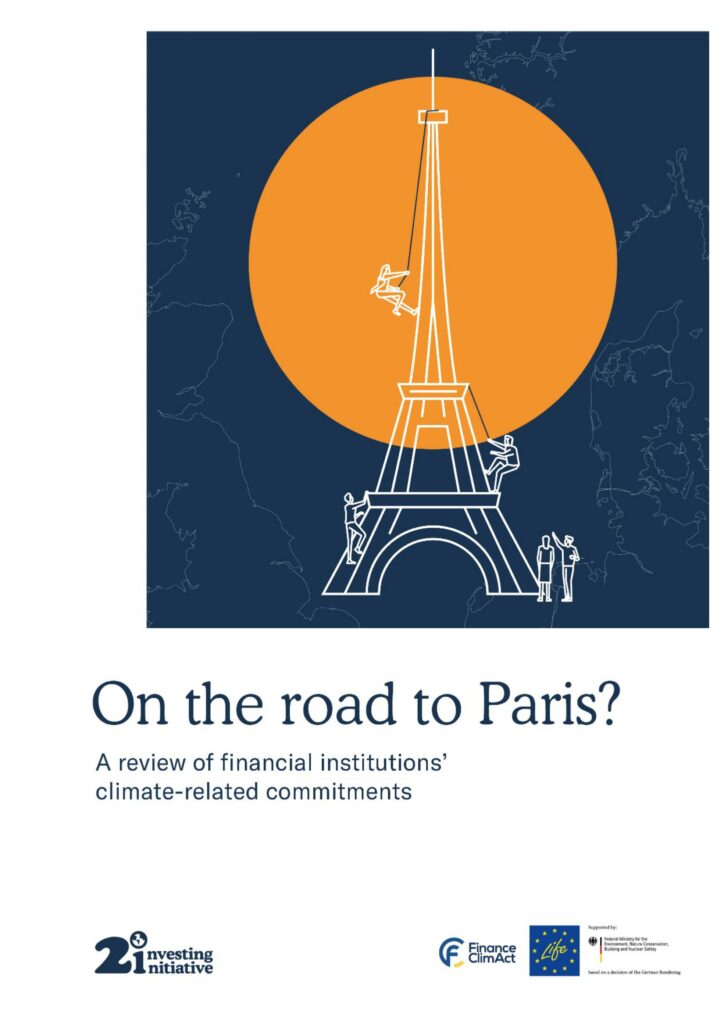2DII’s dedicated Impact Program aims to shed light on this question. Its mission is to support financial institutions in contributing to climate change mitigation, by building up the knowledge base; developing new frameworks and tools to help FIs develop and implement evidence-based climate strategies; and engaging with financial actors and policymakers to foster the development and adoption of these strategies.
The Impact Program is led by Souad Koliaï and Sarah Mendelsohn with support from a team of finance, climate, and policy experts.
Context
The Paris Agreement explicitly recognized the role that financial institutions can play in reducing greenhouse gas emissions and fostering climate-resilient development. Since then, there has been a growing number of financial sector initiatives focused on climate targets or strategies, such as Net-Zero targets.
Yet there is still limited understanding of the ultimate impact of these initiatives – that is, whether or not they help reduce real-world GHG emissions. For example, much of the success of these strategies is measured by financial institutions’ ability to decarbonize their portfolios or align with climate benchmarks – independent of the extent to which this leads to decarbonization in the real economy. While alignment is a valuable strategy for various purposes, such as risk management, there is no evidence that it causes decarbonization in the real economy.
Meanwhile, our research shows that financial institutions frequently claim impact without adequate proof, and policymakers often do not take impact into account (for instance, in labeling schemes, disclosure regulations, etc.).

Our work
The Climate Impact Management System and associated tools
To help financial institutions develop and implement science-based climate contribution strategies, 2DII and ADEME launched the Climate Impact Management System (CIMS) in October 2021.
Devised as part of the Finance ClimAct project, the CIMS provides a clear, step-by-step process for developing, refining, and communicating about impactful climate strategies.
Alongside these efforts, we are developing other tools to help financial institutions apply the CIMS. This includes the Climate Action Guide (beta), an interactive guide summarizing ways that financial institutions can contribute to real-world emissions reductions. FIs can explore actions by institution type and asset of interest and map them “levels of evidence,” reflecting proof of effectiveness in the academic literature. A variety of additional information is also provided for each action, such as relevant initiatives or articles, names of professionals that can help in implementing the action, etc.
2DII is also exploring other solutions, including a Climate Action Planning Template for financial institutions to systematically record climate actions and contribute to building the evidence base of their impact on emissions reductions. The objective here is to upgrade the state of evidence regarding the real-world impact of climate actions, with the ultimate goal of being able to identify causality between a given financial institution’s action and related changes in the real economy. We are also planning a Climate Action Tracker, to enable financial institutions to submit climate actions, track their implementation, and evaluate their long-term impact on the real economy.

ISO 14097 specifies a general framework for assessing, measuring, monitoring and reporting on investments and financing activities in relation to climate change and the low-carbon transition. This helps financiers assess and report on their actions and see the real value of their contribution to climate goals.
ISO 14097 is built around the “theory of change” approach, which aims to define what is needed for a long-term impact. It covers the effects of investment decisions on GHG emissions trends in the real economy, the compatibility of investment and financing decisions with low-carbon transition pathways and climate goals, and the risk on financial value for owners of financial assets (e.g. private equities, listed stocks, bonds, loans) arising from climate goals or climate policies.

The group consists of 45 participants, mainly financial institution representatives, as well as academics, think tanks, NGOs and supervisory representatives.
Finally, the Impact Program team is carrying out policy analysis and engagement to complement this work. We regularly respond to policy consultations on this topic, engage bilaterally with relevant policymakers (e.g. the DG FISMA sustainable finance unit, EC Joint Research Center), and liaise with national governments. The team is also drawing on the CIMS to assist regulators in creating impact-based labelling schemes.
About our funders: This work has received funding from the European Climate Foundation and the KR Foundation. It is also part of the International Climate Initiative (IKI). The Federal Ministry for the Environment, Nature Conservation and Nuclear Safety (BMU) supports this initiative on the basis of a decision adopted by the German Bundestag. It is also supported by Finance ClimAct, which has received funding from the European Union’s Life IP program under grant agreement No LIFE18/IPC/FR/000010 A.F.F.A.P. This work reflects 2DII’s view only, and the funders and other Finance ClimAct consortium members are not responsible for any use that may be made of the information it contains.








